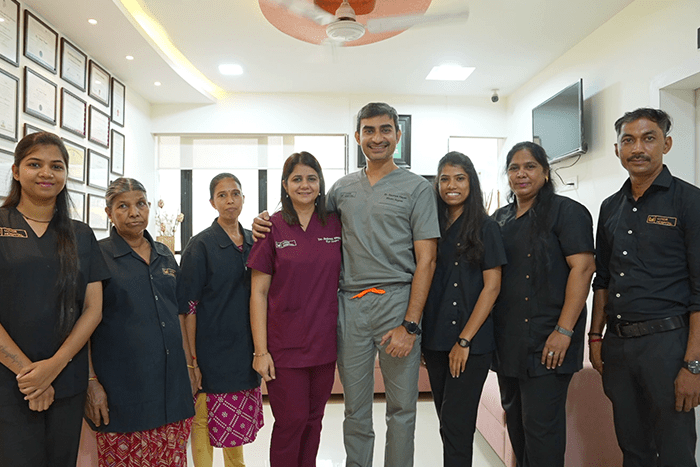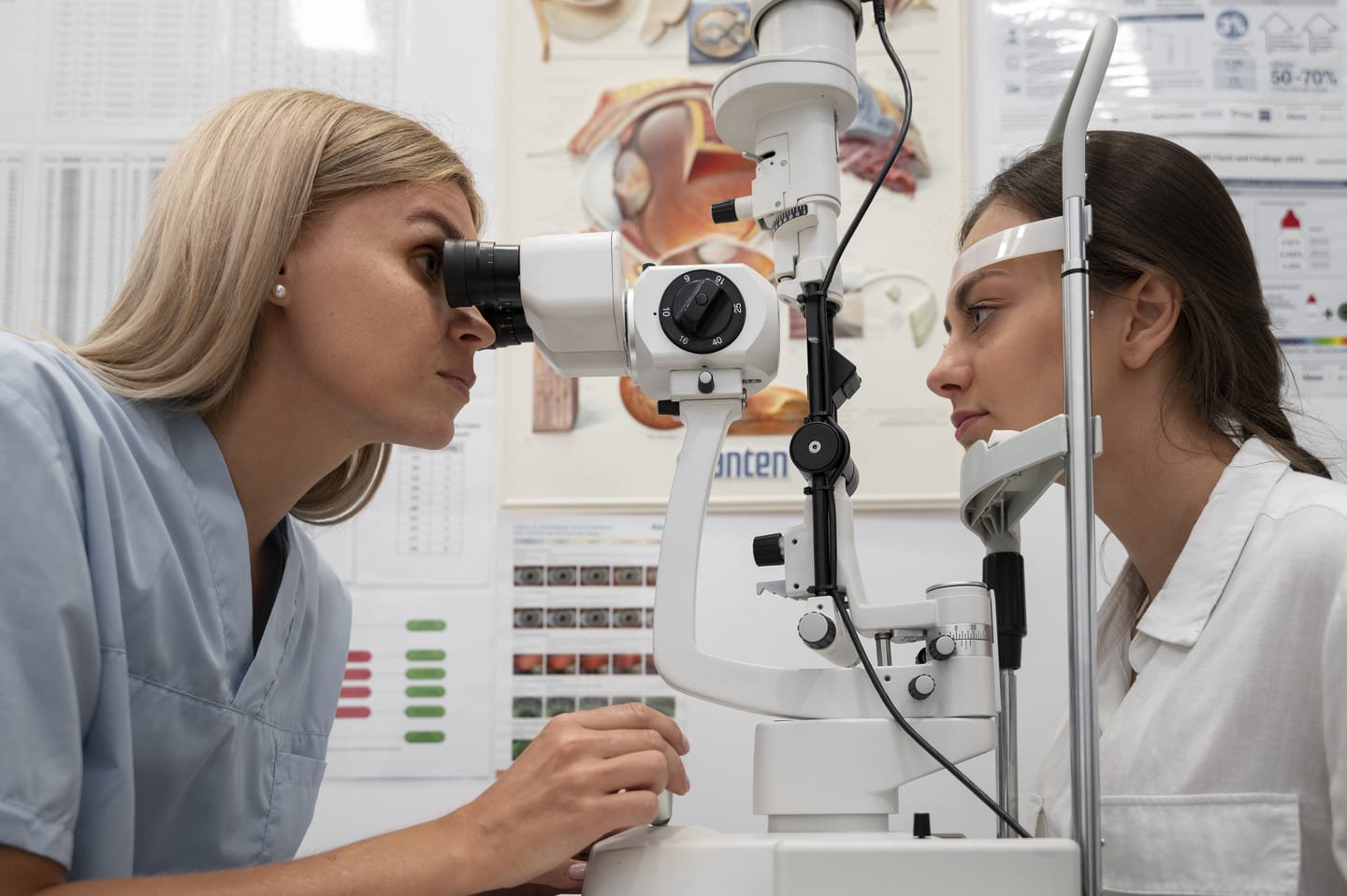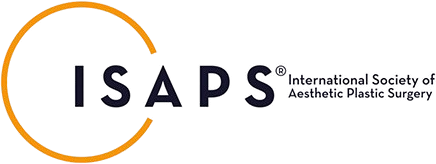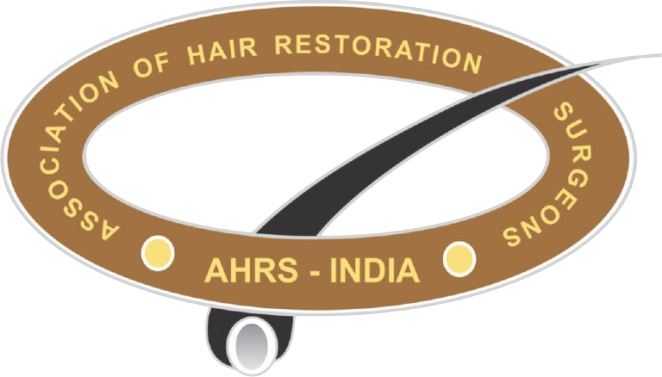Medical Retina
Medical Retina
Introduction
Medical retina treatments focus on managing and treating retinal diseases that affect vision, such as diabetic retinopathy, macular degeneration, retinal vein occlusion, and retinal tears. These treatments aim to preserve and restore vision using methods like laser therapy, injections, and monitoring.
Who Can Get It?
-
Ideal for individuals diagnosed with retinal conditions affecting vision, such as diabetes-related eye issues or age-related macular degeneration.
-
Often recommended for patients experiencing symptoms like blurry vision, floaters, or loss of central vision.
How Safe Is It?
-
Medical retina treatments are generally safe and effective when performed by a trained specialist. Risks include infection, temporary vision disturbances, or increased eye pressure, though these are rare.
Pros & Cons
Pros: Preserves vision; treats a range of retinal diseases; non-invasive or minimally invasive procedures.
Cons: Requires ongoing monitoring and treatment; potential for side effects from injections or laser therapy; results vary.
What types of treatments are used in medical retina care?
Treatments may include anti-VEGF injections, laser therapy, or steroid injections, depending on the specific condition being treated.
Is the treatment painful?
Most medical retina treatments are minimally painful. Injections may cause slight discomfort, but anesthesia or numbing drops are typically used.
How much does it cost?
Costs vary depending on the condition being treated and the specific treatments required, ranging from moderate to mid-range. Insurance may cover medically necessary treatments.
Medical Association!
Book a Consultation on WhatsApp!
Chat with us on WhatsApp or book a Consultation to explore how we can help you with your needs!






